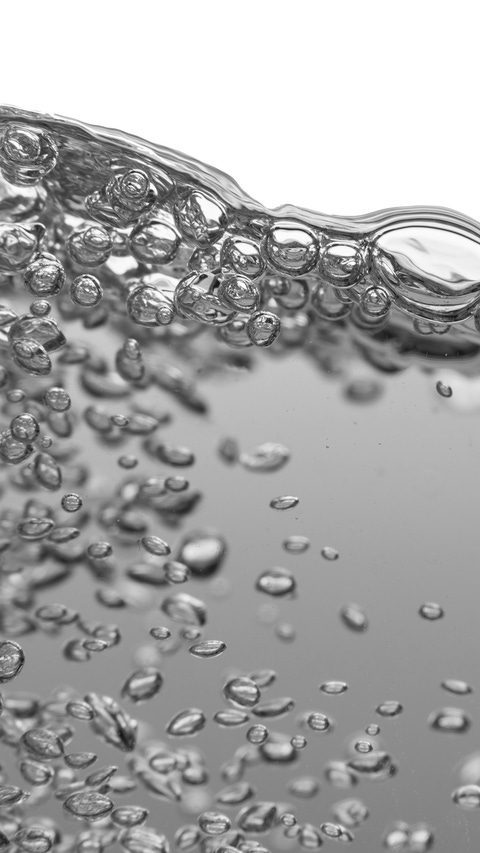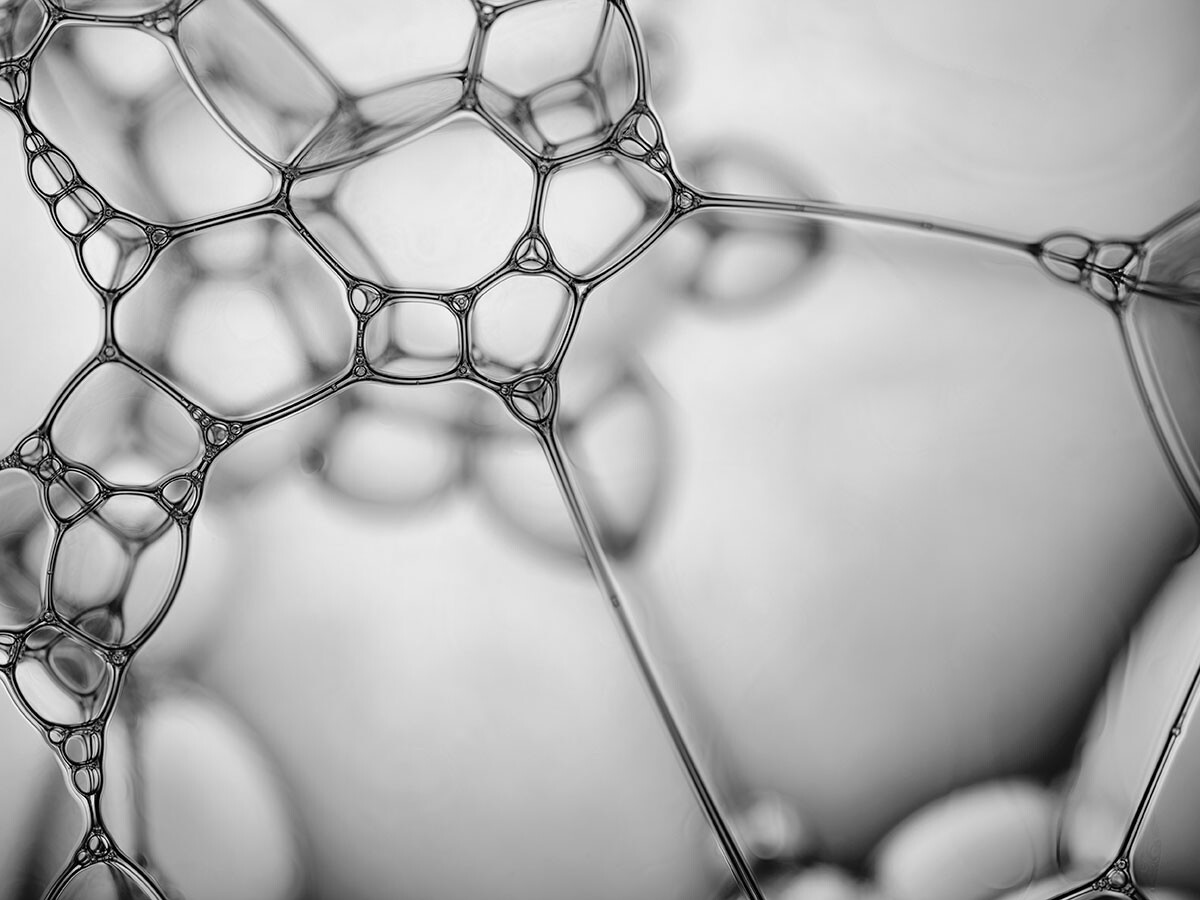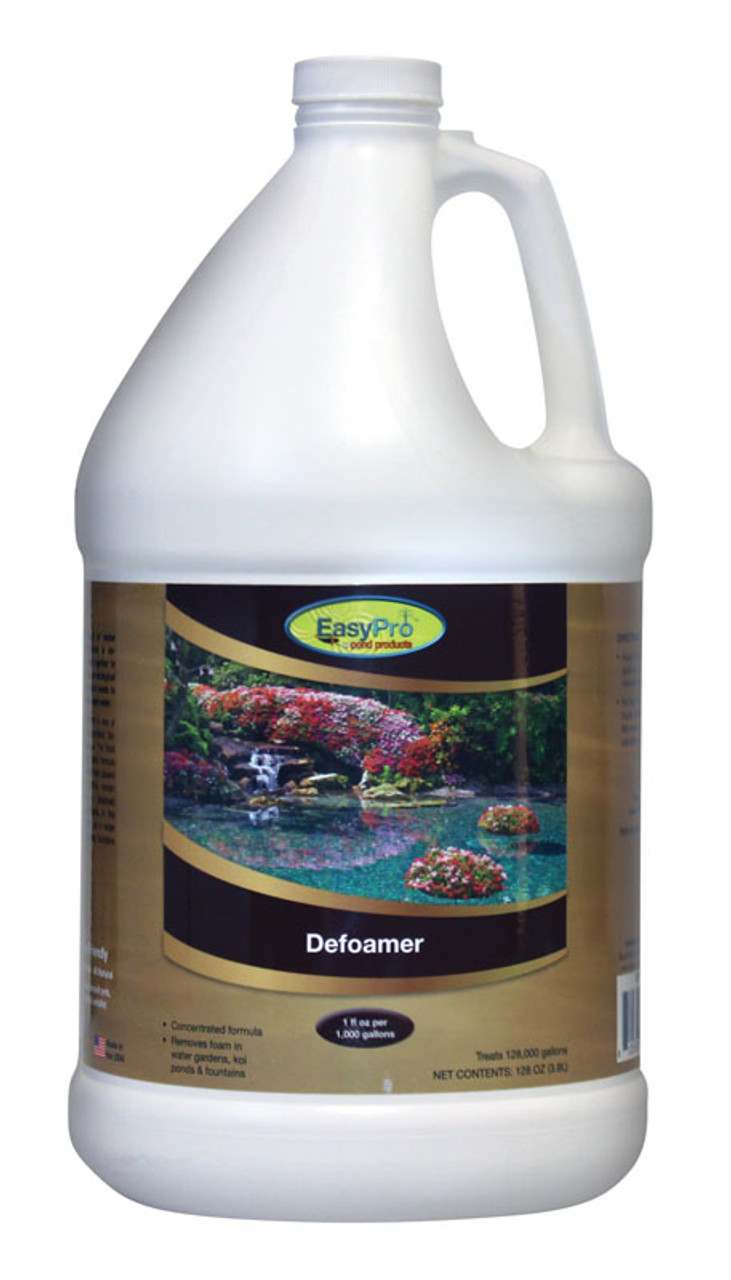The Role of Defoamers in the Chemical and Food Processing Industries
The Role of Defoamers in the Chemical and Food Processing Industries
Blog Article
The Role of Defoamers in Enhancing Item Quality and Efficiency
Defoamers serve as essential additives that minimize this issue, ensuring smoother manufacturing operations while enhancing the aesthetic and practical qualities of the final products. The selection of the appropriate defoamer can be vital to accomplishing ideal results, raising crucial concerns concerning formula compatibility and performance metrics that merit further expedition.
Comprehending Defoamers
Comprehending the role of defoamers is essential for maintaining item high quality throughout various industries. Defoamers are chemical additives designed to stop the development and decrease of foam in fluid systems, which can adversely affect processes such as mixing, loading, and surface stress. Frothing can bring about inefficiencies, product problems, and endangered aesthetic charm, making defoamers a critical component in making operations.
In industrial applications, defoamers help to enhance item uniformity and security. In the paint and finishes market, foam can conflict with the application process and the final finish. In food and drink manufacturing, too much foam can prevent bottling and packaging efficiency. The reliable use of defoamers not just makes sure smoother production procedures however also contributes to remarkable product efficiency.
In addition, the choice and solution of a defoamer need to align with certain application requirements, such as compatibility with various other active ingredients, efficiency under differing temperature and pH problems, and potential regulatory restraints. Ultimately, comprehending defoamers' features and their significance in various formulations is essential for enhancing production and ensuring the greatest top quality final result.
Sorts Of Defoamers
Defoamers can be classified into several types based upon their make-up and device of action. The key kinds include silicone-based, non-silicone natural, and not natural defoamers.
Silicone-based defoamers are amongst the most efficient, mostly due to their capability to spread quickly on the fluid surface and interrupt foam formation. Their distinct chemical structure permits premium stability, making them ideal for high-temperature applications and atmospheres with varying pH degrees.
Non-silicone natural defoamers, commonly composed of natural oils or fats, are valued for their biodegradability and reduced toxicity. These are usually used in food and beverage applications where safety and security and ecological effect are critical.
Inorganic defoamers, which consist of substances like talc or calcium carbonate, act by raising the density of the fluid, thus decreasing foam stability. They are often used in commercial processes where compatibility with various other materials is not a worry.
Each kind of defoamer has distinct benefits and limitations, allowing for customized solutions depending upon the particular frothing concerns come across in different applications. Comprehending these differences is critical for optimizing efficiency and achieving desired product top quality.
Applications Throughout Industries
Numerous industries utilize defoamers to boost product quality and functional effectiveness. In the food and beverage sector, defoamers are crucial in procedures such as brewing and dairy products manufacturing to avoid foam formation, which can cause inefficiencies and product variance. By controlling foam, producers can make certain better yield and a much more uniform item.
In the pharmaceutical industry, defoamers play an essential duty in the formulation of fluid medications, where excessive foam can hamper blending and exact dosing. Their usage helps maintain the honesty of the formulas and promotes smoother production procedures.
The paint and layers industry likewise relies on defoamers to improve the efficiency of products during application. By minimizing foam, these navigate to this website additives make sure a smoother surface and boost the visual high qualities of the final product.

Benefits of Making Use Of Defoamers
While the application of defoamers varies across industries, their advantages why not try these out regularly enhance item high quality and procedure performance. One significant benefit is the reduction of foam development during manufacturing procedures, which can otherwise cause manufacturing hold-ups and disparities in item top quality. By lessening foam, defoamers allow a smoother circulation of materials, facilitating more effective operations and decreasing the chance of equipment breakdowns.
In addition, using defoamers can enhance the look and texture of last items. In fields such as coverings, paints, and food processing, excessive foam can jeopardize the aesthetic looks and general quality, while the ideal defoamer application ensures an uniform surface and preferable characteristics. Defoamers can contribute to cost financial savings by reducing waste during production and optimizing the use of raw products.

Selecting the Right Defoamer
Choosing the ideal defoamer is crucial for enhancing manufacturing processes and making sure product high quality. The option of defoamer influences not only the efficiency of foam control yet likewise the total performance features of the last item. Factors to think about include the kind of application, the chemistry of the formula, and the ecological conditions under which the item will be utilized.
Various industries might require details defoamer kinds, such as silicone-based, natural, or polymeric defoamers. Recognizing the compatibility of the defoamer with the key ingredients is important to avoid unfavorable responses that can jeopardize item stability. Furthermore, the defoamer's efficiency in different temperature levels and pH degrees need to be reviewed to guarantee constant efficiency.
Examining the defoamer in small applications can provide important understandings right into its efficiency and viability. Consideration of regulatory compliance, particularly in food, pharmaceuticals, and cosmetics, is critical in choosing a defoamer. Ultimately, a complete assessment of these aspects will certainly bring about the choice of a defoamer that not just regulates foam effectively but likewise boosts the top quality and performance of the end product.
Verdict

Finally, defoamers are necessary additives that substantially improve product quality and performance across various industries. By efficiently reducing foam formation, these agents not only boost operational effectiveness but additionally add to the functional and aesthetic honesty of products. The critical selection and application of defoamers result in set you back financial savings, maximized source usage, and boosted client fulfillment. In general, the importance of defoamers in industrial procedures can not be overstated, as they play an essential duty in attaining consistent and high-quality results.
Foaming can lead to ineffectiveness, item issues, and jeopardized aesthetic appeal, making defoamers a vital part in producing procedures.

Report this page